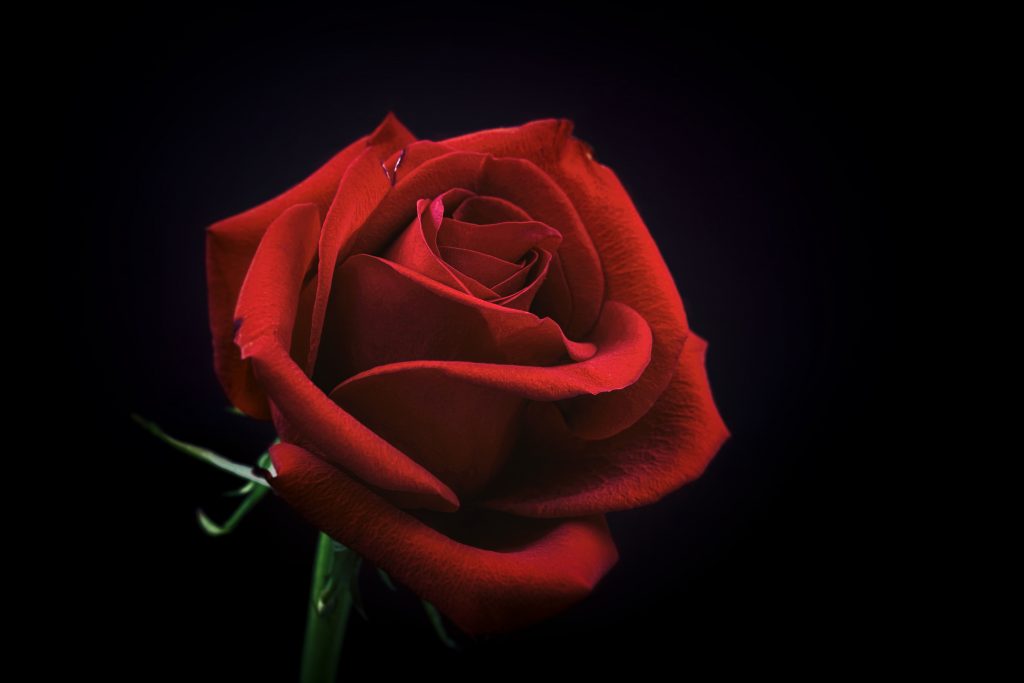
When people think of “The Bachelor” on ABC, they think of pretty dresses, sobbing women, petty drama, more sobbing women and fake heterosexual romance. One thing that isn’t included on this list is diversity – but that shouldn’t be a surprise.
“The Bachelor” is a show ripe for comedic pickings. “Saturday Night Live” has parodies of this show, including skits entitled “Virgin Hunk” – a parody of Colton, whose gimmick as a bachelor was that he was a virgin –, “Bland Man” – making fun of perhaps every bachelor that show has ever had – and many others.
One common thread linking almost every Bachelor-related skit on “Saturday Night Live” is their repeated mentions of race. In the cut-for-time skit “New Bachelorette,” ABC flaunts their new progressive perspective on the show by including a black bachelorette. During the skit, almost every contestant is white and makes crude, insensitive remarks about black people in an attempt to be relatable to the black bachelorette. In other skits, Asians are mentioned to be minimally part of the script. While “Saturday Night Live” does this as part of their comedy sketches, there’s more truth to them than meets the eye.
A similarity between the “Saturday Night Live” skits and the actual show is that every bachelor has been white. In the almost two decades that “The Bachelor” has been around for, why has there never been a bachelor of color? In perhaps one of the most radical attempts of inclusivity in the franchise’s history, they chose a black bachelorette, Rachel Lindsay.
There has been little reference to the LGBTQ+ community in “The Bachelor” franchise. In some aspects it makes sense. If there’s a gay bachelor with male contestants, who’s to stop the contestants from getting with one another? On that argument, how has there been zero bisexual or pansexual relationships between two contestants?
The closest the franchise has gotten to LGBTQ+ inclusivity was in the 2019 season of “Bachelor in Paradise.” In this season they brought back Demi, who was revealed to have a girlfriend between seasons. However, this girlfriend has never been on any season of “The Bachelor” – until she was chosen to be in Bachelor in Paradise. She was the first contestant to be on this show with no prior experience with the franchise. Why else would she be on this season, save for the forced diversity two lesbians would create? I’m all for inclusivity here, but bringing someone who has never been part of the franchise is pushing it.
The only example of true LGBTQ+ inclusivity was on “The Bachelor Vietnam,” during which two female contestants left the show together and are still in a deeply committed relationship to one another. American Bachelor, take notes!
One black bachelorette, a handful of contestants of color, and one instance of LGBTQ+ inclusivity – which hardly counts –isn’t enough to promote diversity in a show of this magnitude. With this statement out of the way, let’s examine one of the biggest complaints by fans in The Bachelor history: when Mike Johnson was not chosen to be the next bachelor.
Johnson was on Hannah Brown’s season of “The Bachelorette” and became popular almost instantly. He didn’t win and was instead slated to appear on the following season of “Bachelor in Paradise.” This move completely deconfirmed his status as the next Bachelor, and the position was given to “Pilot Pete” instead. I don’t need to tell you that Pete is white.
Johnson revealed his disappointment with this decision during an interview on the “Bachelor Happy Hour With Rachel and Ali” podcast, stating that he wanted the role because it was “bigger than [him] and [he] wanted to represent for all people of color.” He goes on to say that “The Bachelor” needed an Asain Bachelor, an Indian Bachelor and more people outside of “just black and white.” He admits that he did audition to be the Bachelor and completely wanted to be the next Bachelor. And yet, despite what would have been a groundbreaking move, ABC chose yet another white Bachelor.
So how do we make “The Bachelor” franchise more open and inclusive? The network ought to pick more diverse people to appear on their shows in more ways than just contestants. They should offer better support to couples in the “Paradise” series, especially with the potential LGBTQ+ pairings. While LGBTQ+ people will likely not fit into the standard “Bachelor” and “Bachelorette” series, the Bachelors and Bachelorettes need to be racially diverse. We live in a diverse society, so why should our reality television shows not be a reflection of the society we live in?
